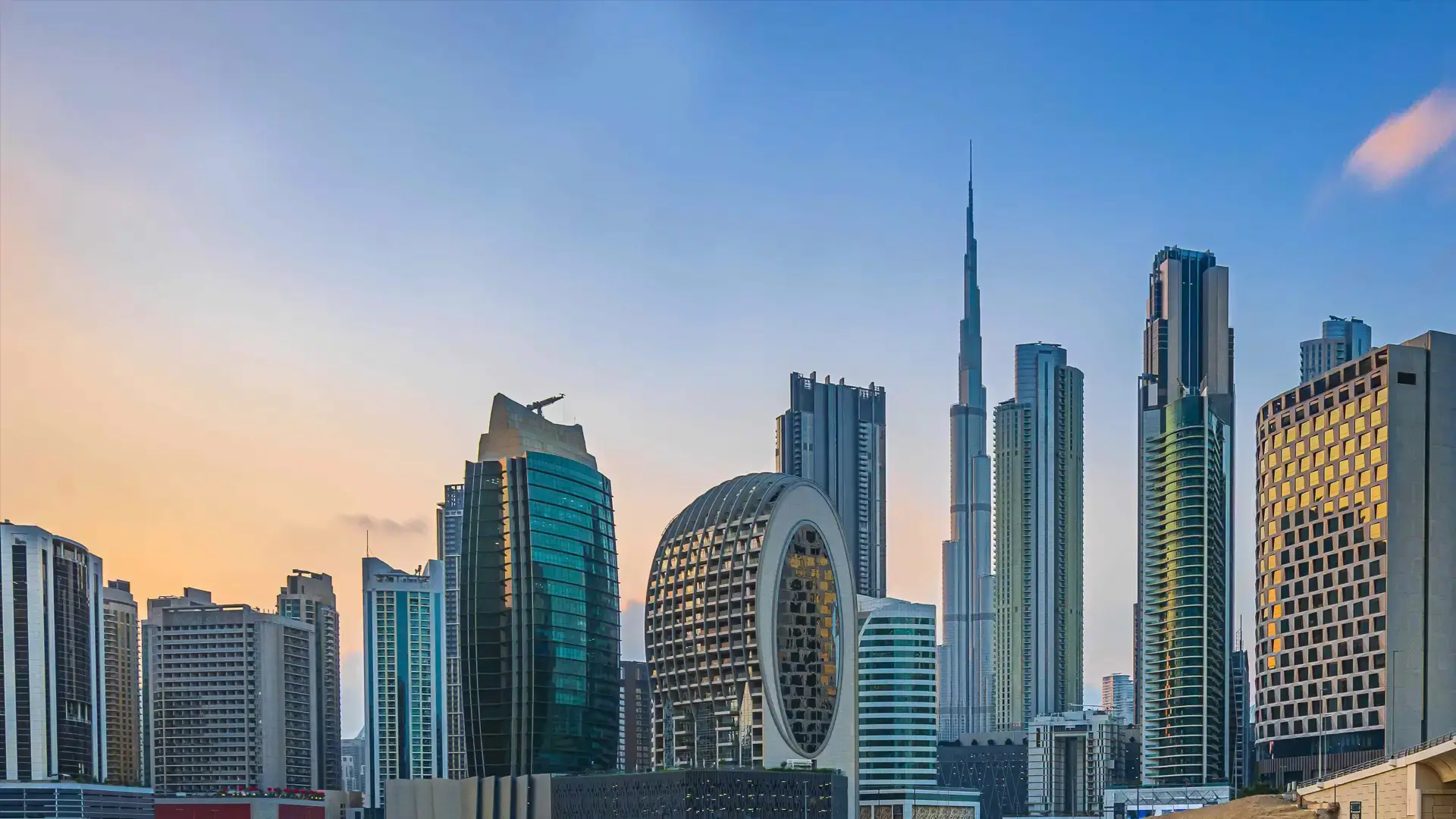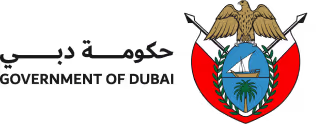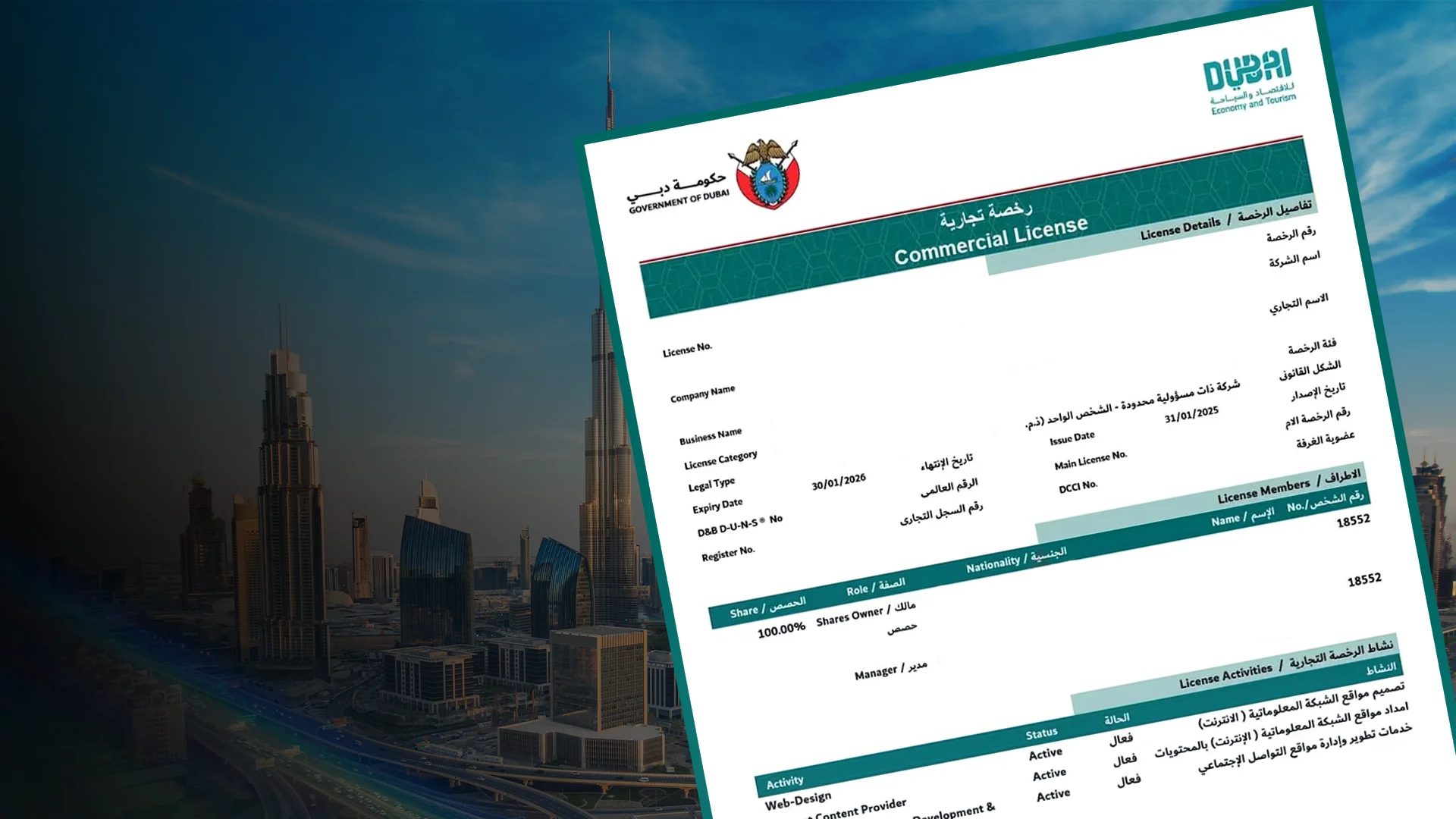
Topic Summary
1. Understanding the 2025 Regulatory Reforms
Recent regulatory changes now permit Meydan Free Zone companies to establish mainland branches while retaining their existing structure and full ownership. This reform removes previous restrictions and allows free zone entities to expand their operations seamlessly within Dubai’s mainland jurisdiction, enhancing business flexibility and operational reach.
2. Benefits of Mainland Company Establishment
Opening a mainland company via a permit from the Dubai Department of Economy and Tourism (DET) provides companies with direct access to the broader UAE market, enabling them to participate in government contracts, engage in retail activities, and engage in local trade. This strategic positioning boosts market penetration potential while maintaining the free zone’s speed and ease of incorporation.
3. Maintaining Ownership and Corporate Structure
Significantly, the new reforms ensure that free zone companies do not have to alter their ownership arrangements when opening a mainland company. Shareholders maintain 100% ownership without the need for a local sponsor, preserving control and decision-making authority.
4. Compliance and Licensing Requirements
Companies must align their mainland activities with the regulations of the Dubai Department of Economy and Tourism (DET) and obtain the relevant mainland licence. This includes adhering to specific business activity codes and compliance standards, ensuring full legal operation within Dubai’s mainland framework.
5. Steps to Establishing a Mainland Company
The process involves submitting an application through the Meydan Free Zone Authority in coordination with the Dubai Department of Economy and Tourism (DET), preparing necessary documentation such as the company’s original trade licence, and drafting a branch memorandum. Efficient processing times uphold the advantage of quick market entry, reinforcing Dubai’s position as a competitive global business hub.
In 2024 alone, Dubai attracted over 1,100 greenfield FDI projects worth AED 52.3 billion, making it the top destination globally for foreign direct investment. And in 2025, the game changed even further.
Thanks to new reforms, free zone companies, including those licensed through Meydan Free Zone, can now legally open a branch on the mainland without giving up their structure, ownership, or speed. That means full access to new markets, government contracts, and local customers — all while keeping the benefits that made you choose Meydan Free Zone in the first place.
In this guide, we’ll break down exactly how mainland company registration in Dubai works for free zone businesses: what’s changed, what you need, and how to get started —seamlessly, strategically, and 100% supported by Meydan Free Zone.
Reasons Why You Should Open a Mainland Company in Dubai
Setting up in a free zone gives you powerful advantages - full foreign ownership, 0% tax on qualifying income, and fast digital setup through Meydan Free Zone. But if you want to sell directly to Dubai’s booming local market, a Mainland Permit is the fastest way forward.
A Permit is official approval from Dubai’s Department of Economy and Tourism (DET). It lets your Meydan Free Zone company carry out specific business activities on the mainland for a set period, without the cost or complexity of opening a full mainland company.
The Permit covers one business activity, giving you a clear and focused route into the mainland. Once approved and issued, you receive the No Objection Certificate (NOC) from Meydan Free Zone authorising your mainland operations, and the official DET Permit confirming your activity onshore. These documents are issued in compliance with both DET and Meydan Free Zone requirements, ensuring your business has the proper backing to operate smoothly across Dubai.
Here’s what a Mainland Permit unlocks:
- Fast-track entry via a Permit, with fewer requirements compared to traditional mainland setups
- Direct access to the UAE consumer market - no agents or intermediaries required
- Eligibility for government contracts as many public sector tenders in Dubai require a mainland presence.
- Build local trust with a DET-issued branch license and physical market presence.
- No need to set up a new LLC mainland UAE
- Full legal clarity under new 2025 rules
The permit is the most efficient and cost-effective way for Meydan Free Zone companies to operate in the mainland while retaining their free zone benefits. For founders, consultants, and SMEs ready to scale, this isn’t just an option, it’s a strategic unlock.
Mainland vs Free Zone: The Difference
Before the 2025 reforms, businesses had to choose between staying in a free zone or setting up a separate entity on the mainland. Each had clear trade-offs. But today, the lines are more flexible — and that’s a win for founders.
Here’s a quick breakdown:
So, what’s changed?
With Dubai’s Resolution 11/2025, you no longer need to give up your free zone benefits just to access the local market. Instead of choosing between mainland vs free zone, you can now have both, via just a Permit or by opening a DET-licensed branch of your existing Meydan Free Zone company. The route via a Permit is the preferred route for most businesses because it offers maximum flexibility with minimal requirements.
How to Open a Mainland Company with a Meydan Free Zone License
Thanks to the latest policy shift, opening a mainland branch is now more accessible than ever — and Meydan Free Zone helps you get it done smoothly.
Here’s how to do it:
1. Choose the Right Onshore Structure
You don’t need to form a new LLC. The most straightforward route is a Mainland Permit, issued by Dubai Economy & Tourism (DET). This gives you the ability to operate onshore while keeping your Meydan Free Zone setup. A branch license through DET is also possible, but the Permit is usually the smarter move, it’s faster (1–2 business days), more cost-effective, and gives you direct market access without the overhead of a full branch.
2. Submit Your Application
We will issue your NOC and manage the full DET branch setup process, so you don’t have to do it yourself.
3. Get the DET Permit
Once submitted, the Department of Economy and Tourism (DET) reviews your documents, approves your chosen activity, and issues your Mainland Permit within 1–2 business days. You’ll receive two key documents: the No Objection Certificate (NOC) from Meydan Free Zone authorising your mainland operations, and the official DET Permit confirming your right to conduct that activity onshore.
4. Comply with Onshore Regulations
Once your Permit is active, you’ll need to follow the rules for operating in Dubai mainland.
Your mainland branch must:
- Maintain separate financial records
- Pay 9% corporate tax on mainland income
- Comply with UAE labour, visa, and trade laws for onshore operations
What Does It Cost to Open a Mainland Company of Your Meydan Free Zone Company?
Expanding into the mainland can be done in two major ways, but for most founders the Mainland Permit is the fastest and most cost-effective option.
Mainland Permit (recommended)
- AED 2,500 for the No Objection Certificate (NOC) - issued by Meydan Free Zone, authorising your company to operate outside the Free Zone.
- AED 2,500 for the DET Permit - official approval from Dubai Economy & Tourism to carry out one business activity on the mainland.
- AED 20 Knowledge & Innovation fees.
Total: AED 5,020 - issued within 1–2 business days.
The Permit is ideal for founders who want quick, affordable access to Dubai’s mainland market while keeping their Free Zone structure.
You won’t need to handle the process alone. Meydan Free Zone manages it end to end, giving you legal clarity, speed, and peace of mind.
Mainland Branch (alternative option)
For businesses that prefer a full DET branch license, Meydan Free Zone also supports branch applications. The cost is AED 10,000 (AED 2,500 NOC + AED 7,500 for DET branch licensing support). Timelines vary depending on activity and DET approvals.
Note: Prices are subject to change. Get in touch with our team to confirm the latest rates and eligibility for your business.
Expanding to mainland with a Permit ensures you get maximum value at this price point, giving you a seamless mainland presence without the heavy overheads of a full LLC setup.
Types of Expansion Options Supported
Meydan Free Zone supports a streamlined range of expansion types, including:
- Mainland Permit (primary and most recommended option under DET)
- Branch license (available where suitable for your activity)
In general, most applicants who want to set up a Mainland Company will need to provide:
- Certificate of Formation or Incorporation
- Memorandum & Articles of Association (with any amendments)
- Certificate of Incumbency
- Board Resolution approving the new branch or subsidiary (using Meydan Free Zone templates)
- Incumbency documents for any parent entities, if layered ownership exists
Additional documents may be requested based on your company’s structure or country of registration, but our team will guide you through it, jurisdiction by jurisdiction.
Expand with a Permit to Mainland With a Meydan Free Zone
The rules have changed - and smart businesses are moving quickly. With the 2025 reforms, opening a mainland branch is no longer a legal grey area or an operational burden. It's a strategic step, one that lets you scale locally, sell directly, and grow confidently without giving up the Meydan Free Zone structure that made your launch easy.
For most founders, the Mainland Permit is the fastest, clearest, and most cost-efficient way forward, giving you the benefits of the mainland while keeping the freedom of your free zone base.
Whether you're expanding across the UAE, creating a new entity for global operations, or turning your Free Zone business into a market-wide player — Meydan Free Zone gives you the clarity, compliance, and confidence to do it right.
Let’s take your business further - from Dubai, to the world.
FAQs
1. Can a Meydan Free Zone company open a branch on the Dubai mainland?
Yes. As of 2025, Meydan Free Zone companies can legally open a branch on the Dubai mainland by applying for a branch license through the Department of Economy and Tourism (DET).
2. What documents are required to open a mainland branch from Meydan Free Zone?
You’ll typically need your company’s Certificate of Incorporation, Memorandum and Articles of Association, Certificate of Incumbency, Board Resolution (using Meydan templates), and any layered ownership documents. Meydan will guide you based on your jurisdiction.
3. Do I need a Dubai local sponsor to open a mainland branch?
No. Under the 2025 reforms, free zone companies can open mainland branches with 100% foreign ownership. A local sponsor is not required for most activities.
4. What are the benefits of opening a mainland branch from a Free Zone company?
You can access the full UAE market, apply for government contracts, hire staff onshore, and expand locally — without restructuring your existing Free Zone entity.
5. How long does it take to register a mainland branch from Meydan Free Zone?
Timelines vary based on activity and documentation, but with Meydan’s support and DET coordination, the process can be completed in as little as a few working days for eligible businesses.
6. How much does it cost to open a mainland branch through Meydan Free Zone?
It costs AED 2,500 for the NOC and AED 7,500 for full DET licensing support, totalling AED 10,000. Meydan Free Zone handles the entire setup process for you.
































